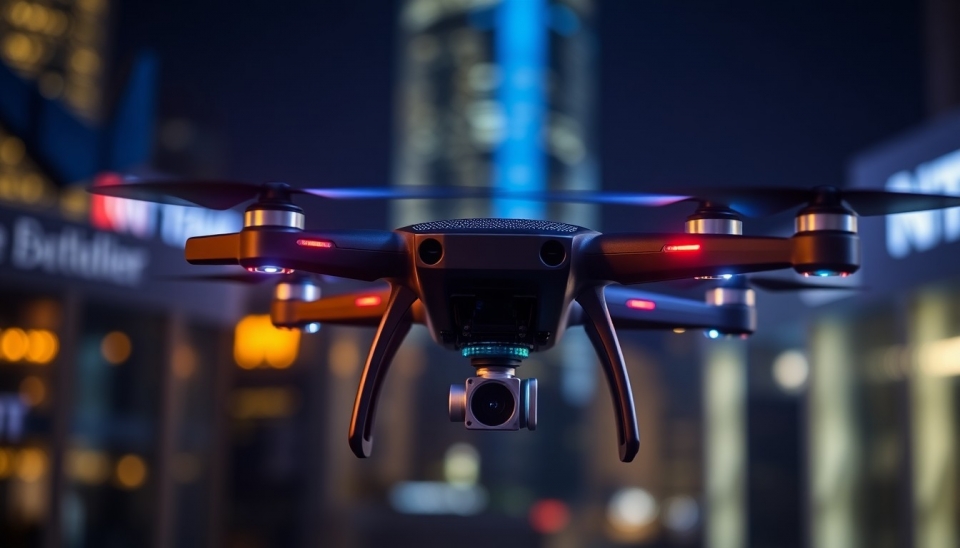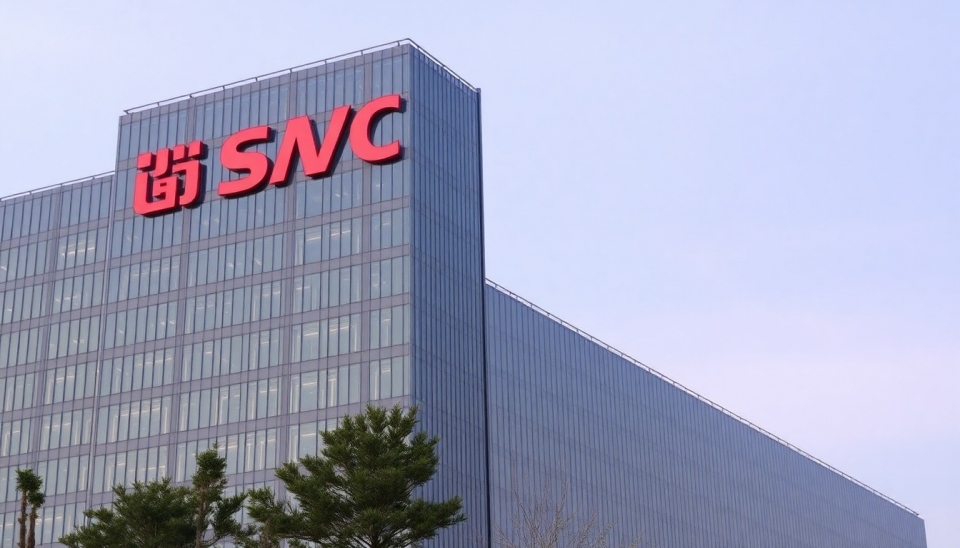
In a bold move that underscores the escalating competition in the AI chip sector, NTT Corporation, Japan’s telecommunications giant, has officially announced its entry into the rapidly evolving landscape of AI chip technology. This strategic initiative is poised to leverage the advancements in drone footage technology, aiming to carve out a significant share of the burgeoning market.
NTT's latest endeavor is part of a broader trend among tech companies racing to develop specialized chips designed to enhance artificial intelligence capabilities. As major companies, including NVIDIA and Intel, dominate the current market, NTT seeks to differentiate itself by focusing on the integration of AI with aerial drone technologies. The company's innovative approach aims to utilize these chips in drone applications, promising enhanced capabilities for data collection and real-time processing.
With an increasing reliance on drones across various sectors—ranging from agriculture to surveillance—NTT’s new AI chips are designed to improve the efficiency of drone operations. This advancement could lead to significant improvements in how data is processed and interpreted in real-time, allowing for higher-quality imagery and analytics that can be utilized in multiple industries.
Moreover, NTT's challenge to the traditional chipmakers signifies not only a commitment to technological innovation but also a strategy to diversify its portfolio in a market that favors agile, forward-thinking companies. The telecommunications company is investing heavily in research and development, assembling a team of experts in both AI and semiconductor technology to fast-track its ambitions.
This announcement comes at a time when the demand for advanced AI chips is at an all-time high. Industries worldwide are increasingly integrating AI technologies to optimize operations, enhance security measures, and improve decision-making processes. NTT’s move reflects the organization's intent to be a significant player in this competitive arena, offering solutions that harness the synergy between AI and drone technologies.
As NTT embarks on this new chapter, it will not only be interesting to observe the technical advancements and innovations that arise from their efforts but also to see how they position themselves against established competitors. The race to dominate the AI chip market is heating up, and NTT's entry could shake the foundations of the current supply chain dynamics.
The announcement is part of NTT's broader strategy to enhance its influence in the global tech ecosystem, further demonstrating its commitment to advancing technology that benefits a wide array of industries. As this narrative unfolds, industry watchers will be keenly observing the potential implications of NTT’s foray into AI chips and how it will impact the future of drone technology and artificial intelligence applications.
With the technology landscape continuously evolving, NTT's ambitious plans could mark a turning point in the AI chip sector, inviting both challenge and inspiration for existing players in the marketplace.
In summary, NTT's commitment to producing AI-focused chips for drone use marks an exciting development in the tech industry, heralding new opportunities for innovation and application across various sectors.
#AIchips #NTT #DroneTechnology #AImarket #Drones
Author: Emily Collins




